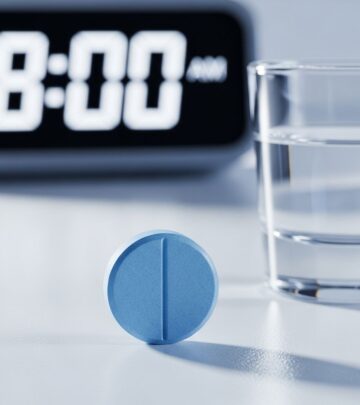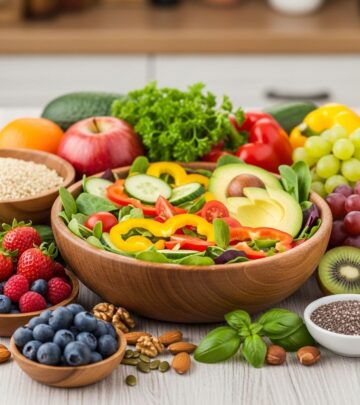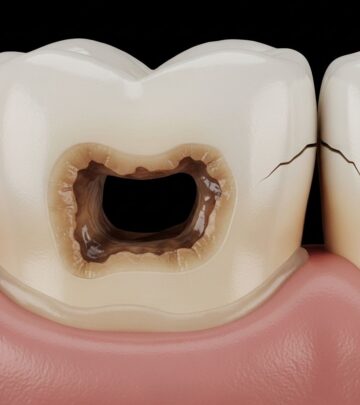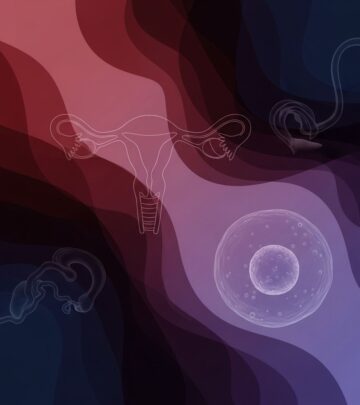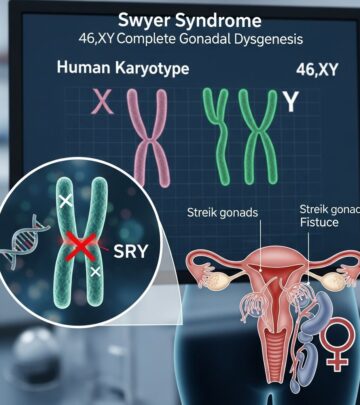Is Seafood Safe to Eat With Gallstones? Guidelines for a Gallbladder-Friendly Diet
Understand how seafood and dietary choices impact gallstone symptoms and gallbladder health.
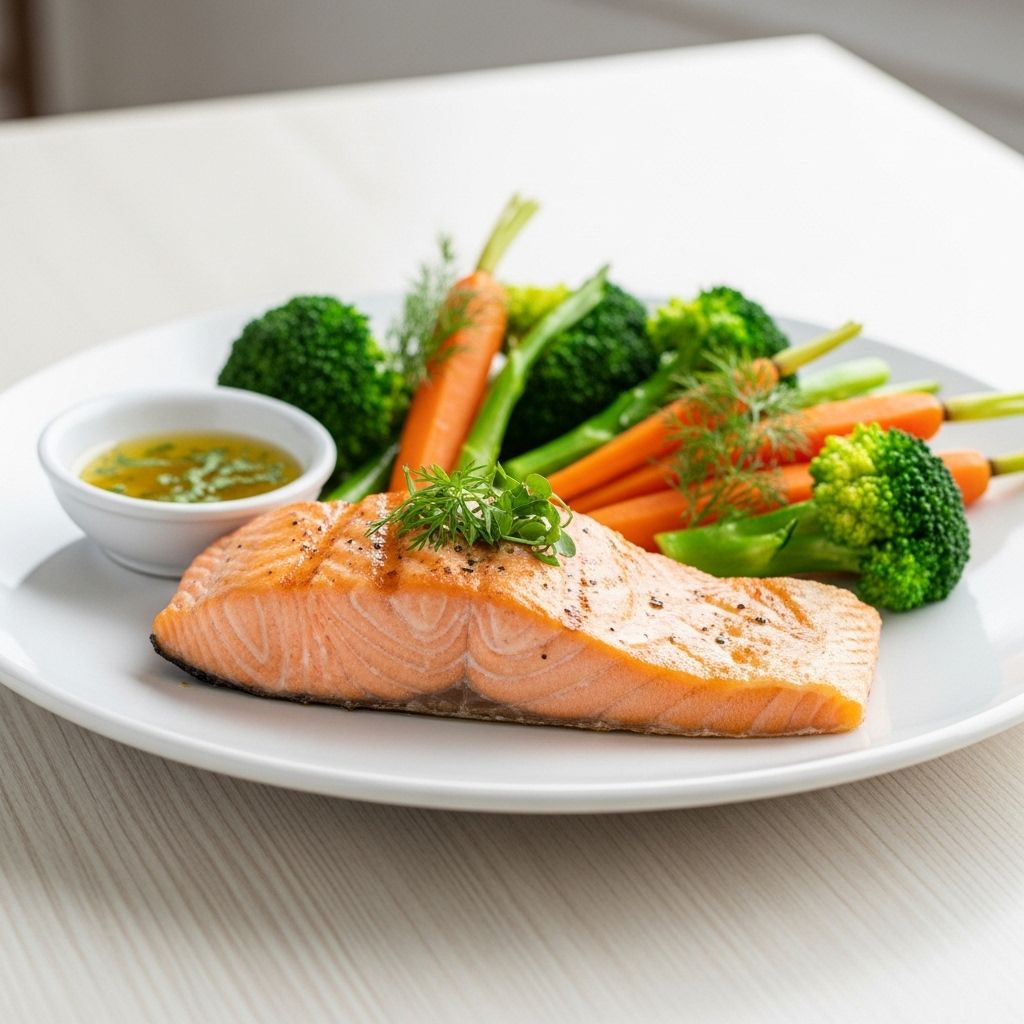
Gallstones can disrupt the way your body digests fat, raising concerns about which foods—especially seafood—are safe and which might trigger attacks. While seafood is often considered a healthy source of protein, not all preparations or types of fish are equally suitable for people with gallstones. This article explains the relationship between seafood and gallone symptoms, how to choose and prepare safe seafood, and broader dietary strategies to protect your gallbladder and minimize discomfort.
Understanding Gallstones and Their Dietary Impact
The gallbladder stores and releases bile, which helps digest fat. Gallstones—solid particles that form when bile contains too much cholesterol, bilirubin, or not enough bile salts—can block or irritate the gallbladder. Attacks may occur after eating especially fatty or heavy meals, making dietary choices a major factor in managing symptoms and preventing complications.
Why Diet Matters
- Fat triggers gallbladder contractions: Larger or more frequent contractions can aggravate stones, causing pain or inflammation.
- Certain foods may worsen or ease symptoms: High-fat, processed, or fried foods are common triggers, while low-fat, fiber-rich options are generally safer.
- Seafood varies in fat content: Some fish and shellfish are lean and gallbladder-friendly, while others are not.
Seafood and Gallstones: What You Need to Know
Seafood can be a valuable part of a gallbladder-friendly diet, as long as you focus on lean varieties and healthy preparations. In general, most white fish, shellfish, and oily fish (when consumed in moderation) can be safely enjoyed. However, how you cook and serve seafood is crucial to avoid triggering symptoms.
Safe Seafood Choices
Most fresh fish and shellfish are low in fat and high in protein, making them suitable for people with gallstones if prepared using low-fat methods:
- White fish: Cod, haddock, pollock, and sole are especially low in fat.
- Shrimp, crab, lobster, scallops, and clams: These shellfish are lean sources of protein, provided they are not cooked in butter or cream.
- Tuna (fresh or canned in water): This is a convenient low-fat option—be sure to avoid tuna canned in oil.
- Salmon, sardines, herring, and mackerel: These oily fish contain heart-healthy omega-3 fatty acids, and moderate servings can support overall health, including gallbladder function, if not fried or served in a heavy sauce. However, portion control is key due to their higher fat content.
Seafood to Avoid or Limit
- Fried seafood: Fish or shellfish battered and deep-fried in oil is high in unhealthy fats, increasing the risk of pain and attacks.
- Seafood canned in oil: This adds unnecessary fat; choose fish packed in water instead.
- Rich, creamy seafood dishes: Sauces such as Alfredo, heavy mayo, or cheese-based toppings add harmful saturated fats.
- Imitation seafood, surimi, and processed fish sticks: These often contain extra fat, sodium, and artificial ingredients that are best avoided.
Tip: Always check nutrition labels. Choose seafood dishes with less than 3 grams of fat per serving for the safest option.
Preparation and Portion Tips for Seafood With Gallstones
Even healthy seafood choices can become problematic if prepared with high-fat ingredients or oversized portions. Follow these guidelines for safer seafood meals:
- Grill, bake, steam, or poach: Use olive oil sparingly or skip it altogether.
- Avoid heavy breading, batters, or deep-frying.
- Skip high-fat creamy sauces or cheeses; opt for lemon juice, herbs, and spices for flavor.
- Control portions: Serving sizes around 3–4 ounces of fish or shellfish are generally recommended.
Sample Gallbladder-Friendly Seafood Meal
Try oven-baked cod with a squeeze of lemon, served alongside steamed vegetables and brown rice.
Seafood vs. Other Sources of Protein for Gallstone Management
Not all proteins are created equal when it comes to gallstone management:
| Protein Source | Gallbladder-Friendly? | Why |
|---|---|---|
| Fresh white fish (grilled, baked, steamed) | Yes | Low-fat, easy to digest, high-quality protein |
| Oily fish (salmon, sardines – grilled/baked) | In moderation | Omega-3s support heart/gallbladder health, but higher in fat |
| Fried fish, fish sticks, battered seafood | No | High in unhealthy fats, increases gallstone pain risk |
| Shellfish (not fried, no butter/cream) | Yes | Lean protein, low in fat |
| Poultry (skinless, baked or grilled) | Yes | Lean and versatile |
| Red meat (fatty cuts, sausages) | No | High saturated fat, triggers symptoms |
| Processed meats (bologna, hot dogs) | No | Unhealthy fats, preservatives |
The Science: Seafood, Fat, and the Gallbladder
Research suggests:
- Most seafood is low in saturated fat and cholesterol, making it a safe and healthy choice when simply prepared.
- Omega-3 fatty acids found in fish oil may aid gallbladder function (in patients with high triglycerides) and reduce heart disease risk, but only in moderate amounts to avoid overloading the gallbladder.
- Heme iron in seafood contributes to iron intake, but excessive red meat and seafood consumption may increase gallstone risk in some people, particularly men.
- Processed seafood and fatty cooking methods increase the risk of gallstone attacks and should be strictly limited.
Building a Gallbladder-Friendly Diet: Beyond Seafood
Eating for gallstone prevention and symptom control involves more than just choosing the right seafood.
What Else to Eat
- Fruits and vegetables: Rich in fiber, vitamins, and antioxidants to support digestion and reduce gallstone risk.
- Whole grains: Brown rice, oats, and quinoa keep you regular and stabilize blood sugar.
- Lean proteins: Egg whites, skinless poultry, tofu, and legumes.
- Healthy fats in moderation: Small amounts of olive oil, canola oil, nuts, and seeds.
- Dairy (if tolerated): Choose low-fat or non-dairy alternatives.
Foods to Avoid Completely
- Fried, greasy, or fatty foods (fried chicken, bacon, burgers, creamy sauces, chips)
- High-fat dairy products (cheese, cream, full-fat milk, ice cream)
- Processed meats (sausages, luncheon meats, salami)
- Refined sugar and simple carbohydrates (white bread, pastries, sodas)
- Foods triggering personal sensitivity (spicy, chocolate, egg yolk—based on individual response)
FAQs: Seafood and Gallstones
Q: Can all types of fish be eaten safely if you have gallstones?
A: Most non-fried fish and shellfish can be enjoyed safely; avoid high-fat, battered, or oil-packed varieties. Always choose grilled, steamed, or baked preparations with minimal added fat.
Q: Is canned tuna or salmon okay for someone with gallstones?
A: Yes, if canned in water or brine. Avoid versions packed in oil due to the higher fat load.
Q: Can eating omega-3-rich seafood help reduce gallstone risk?
A: Omega-3 fatty acids may support heart and gallbladder health, but focus on moderate servings and avoid high-fat preparations.
Q: Are shellfish healthy for people with gallstones?
A: Yes, when steamed, grilled, or baked without added butter or creamy sauces.
Q: Should I eat seafood if it makes my gallbladder pain worse?
A: If any specific seafood triggers symptoms, avoid it and consult your healthcare provider for tailored advice.
Practical Meal Planning Tips
- Choose fresh or frozen fish, not breaded or fried.
- Flavor seafood with lemon, fresh herbs, or vinegar instead of butter or heavy sauces.
- Pair seafood with whole grains and plenty of cooked or raw vegetables.
- Monitor portion sizes, aiming for smaller, more frequent meals to ease digestion.
- Stay hydrated with water; avoid sugary or caffeinated soft drinks.
When to Seek Medical Advice
Contact your healthcare provider if you experience intense or persistent abdominal pain after eating, vomiting, or jaundice, as these could signal gallstone complications or require further intervention.
Key Takeaways
- Seafood is mostly safe for gallstone sufferers if prepared using low-fat methods and eaten in sensible portions.
- Fried, battered, or oil-rich seafood should be strictly avoided to minimize gallbladder attacks.
- A balanced, low-fat, high-fiber diet supports overall gallbladder health and lowers the risk of further symptoms or complications.
Read full bio of Sneha Tete

